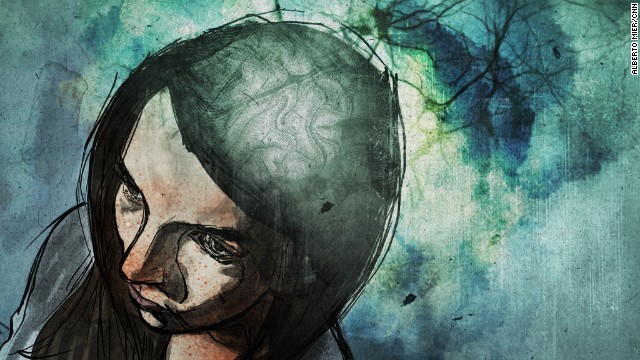| กิจกรรมสำนัก/กอง/ศูนย์ |
นางณิชา เปรมจันทร์ นักวิเทศสัมพันธ์ชำนาญการ กลุ่มงานวิเทศสัมพันธ์ ผู้แทนผู้อำนวยการกองแผนงาน (นายโชคชัย แก้วป่อง) ให้การต้อนรับคณะศึกษาดูงาน จากประเทศบังคลาเทศ
นางณิชา เปรมจันทร์ นักวิเทศสัมพันธ์ชำนาญการ กลุ่มงานวิเทศสัมพันธ์ ผู้แทนผู้อำนวยการกองแผนงาน (นายโชคชัย แก้วป่อง) ให้การต้อนรับคณะศึกษาดูงาน จากประเทศบังคลาเทศ คลิกดูรายละเอียดเพิ่มเติมที่นี่
| |||||||||||||||||||||||||
|
| ||||||||||||||||||
|
Trust your memory? Maybe you shouldn't
May 19, 2013 -- Updated 0039 GMT (0839 HKT)
STORY HIGHLIGHTS
- Elizabeth Loftus is a psychologist and expert on the malleability of human memory
- Loftus is most known for her work on memory distortion and false memory implantation
- Her research could also be used to fight obesity, addiction with false memories
Editor's note: This is part of CNN's "Life's Work" series, which features innovators and pioneers who are making a difference in the world of health and medicine.
(CNN) -- You probably feel pretty attached to your memories -- they're yours, after all. They define who you are and where you came from, your accomplishments and failures, your likes and dislikes.
Your memories help you separate friends from enemies. They remind you not to eat too much ice cream or drink cheap tequila because you remember how horrible it felt the last time you indulged.
Or do you?
One conversation with Elizabeth Loftus may shake your confidence in everything you think you remember. Loftus is a cognitive psychologist and expert on the malleability of human memory. She can, quite literally, change your mind.
Her work is reminiscent of films like "Memento" and "Eternal Sunshine of the Spotless Mind," where what you believe happened is probably far from the truth -- whether you're the eyewitness to a crime or just trying to move past a bad relationship.
"She's most known for her important work on memory distortion and false memories," says Daniel Schacter, a psychology professor at Harvard University who first met Loftus in 1979 and describes her as energetic, smart and passionate. "It's made people in the legal system aware the memory does not work like a tape recorder."
In fact, Loftus' research shows your memory works more like a Wikipedia page -- a transcription of history created by multiple people's perceptions and assumptions that's constantly changing.
Eyewitness testimony
www.cdd.go.th









































